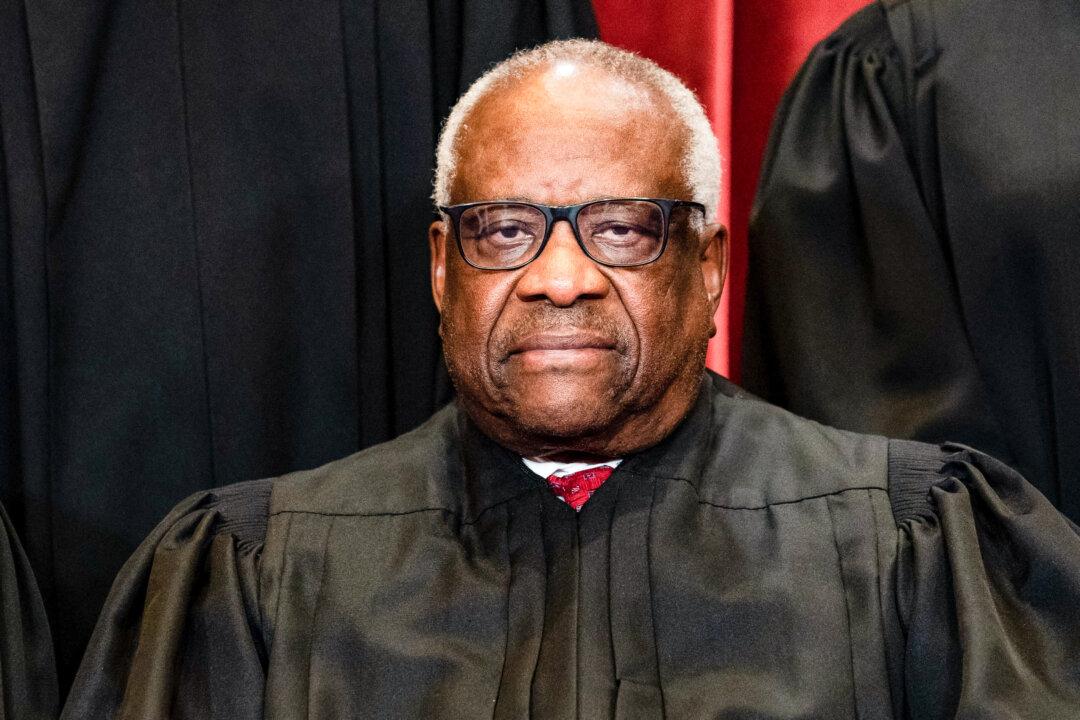Supreme Court Justice Clarence Thomas failed to pay back a “substantial portion” of a more than $200,000 loan used to purchase a luxury motor home before the loan was later forgiven, according to Democrats on the Senate Finance Committee.
According to information and documents obtained by the committee, the loan, which amounted to approximately $267,230, was given to the Supreme Court justice by Anthony Welters, an American businessman and longtime friend of Justice Thomas.




